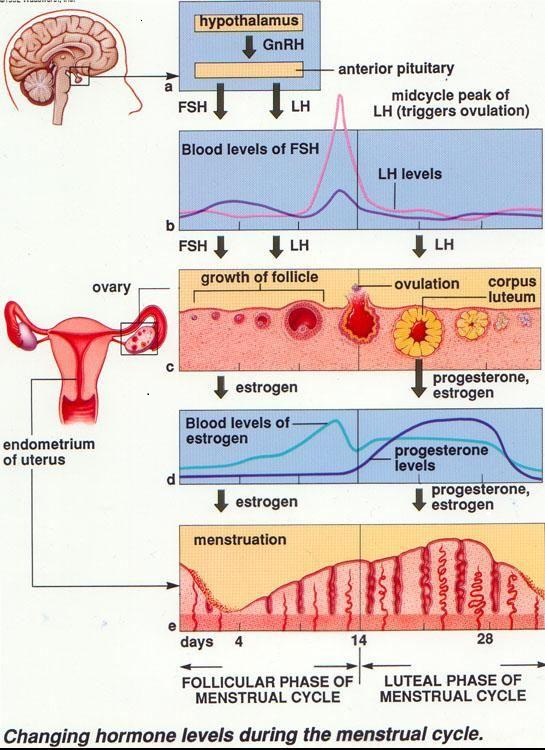Hyperprolactinemia
Infertility in women is often caused by a hormonal imbalance which prevents ovulation. In fact, even the most subtle imbalance can affect your fertility. Hyperprolactinemia, or the excessive production of the hormone prolactin, is one such imbalance.
Prolactin is secreted by your pituitary gland, which is located at the base of your brain, and is responsible for triggering many of your body’s natural processes. Prolactin is found in both men and non-pregnant women, and generally circulates at low levels in your bloodstream. When you are pregnant, your prolactin levels increase by as much as ten times to help enlarge your mammary glands and stimulate milk production to prepare your body for breastfeeding. It also keeps you from ovulating. If you are not pregnant, however, and you have excessive levels of prolactin, you may have hyperprolactinemia.
Symptoms
In literal terms, hyperprolactinemia means there is too much prolactin in the blood. In men, abnormal prolactin levels can lead to sexual dysfunction. In women, it can create several problems, which may include any or all of the following:
- inadequate progesterone production during luteal phase,
- irregular or absent ovulation and menstruation, and
- galactorrhea (breast milk production in women who are not nursing).
Other symptoms include headache, vision problems or reduced sex drive.
Causes
There are several factors that can trigger hyperprolactinemia. One of the most common causes is a prolactinomas, a benign tumor growing on the pituitary gland. Other potential causes include a thyroid gland disorder, chest wall irritations (shingles), some high blood pressure and anti-nausea medications, oral contraceptives and recreational drugs, like marijuana. In some cases, the cause of hyperprolactinemia is simply unknown.
Your medical history and a physical examination can help your doctor diagnose hyperprolactinemia, but you will also have to undergo some tests. For example, a prolactin blood level test can measure the amount of prolactin in your blood, and a computerized tomography (CT) can produce a three-dimensional image of your pituitary gland to detect a tumor. If your prolactin levels are at or above 600 mIU/I after two checks, you will need further evaluation.
Treatment
Treatment options for hyperprolactinemia include both drugs and surgery. Bromocriptine (Parlodel), a medication which blocks the release of prolactin from the pituitary gland, can help reduce excessive prolactin levels, and surgery is sometimes used to remove tumors from the gland.
After approximately six weeks of taking medication for hyperprolactinemia, regular ovulation and menstruation should return. Common side effects of bromocriptine include lightheadedness, nausea and headaches, but they are mild and usually subside within a month. You should continue taking your hyperprolactinemia medication until you get pregnant, because prolactin levels usually rise again when medication is stopped.






